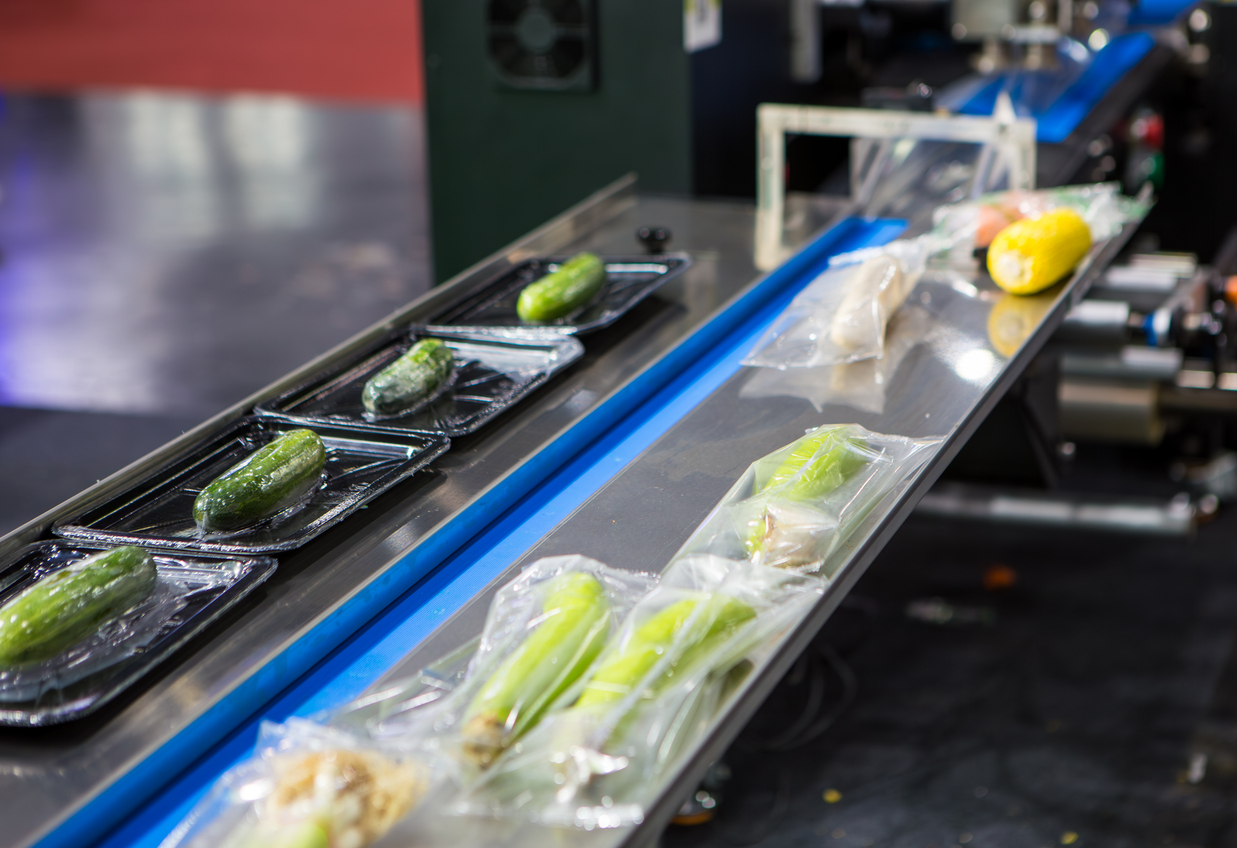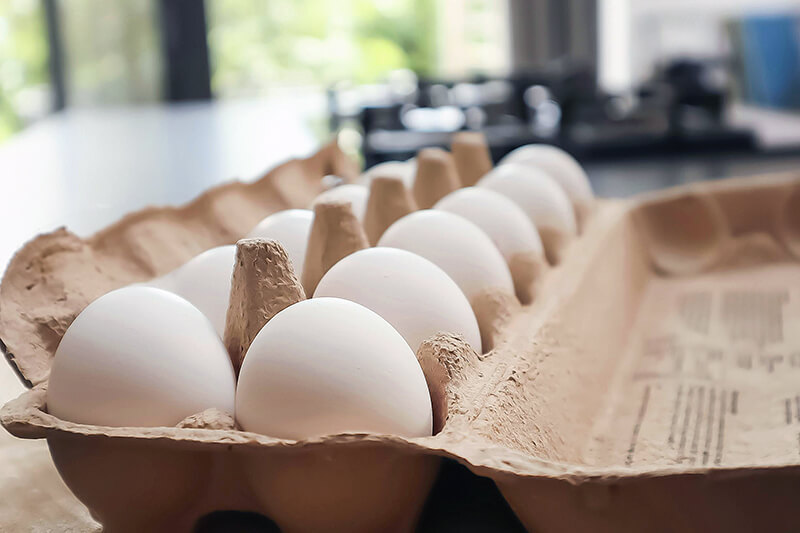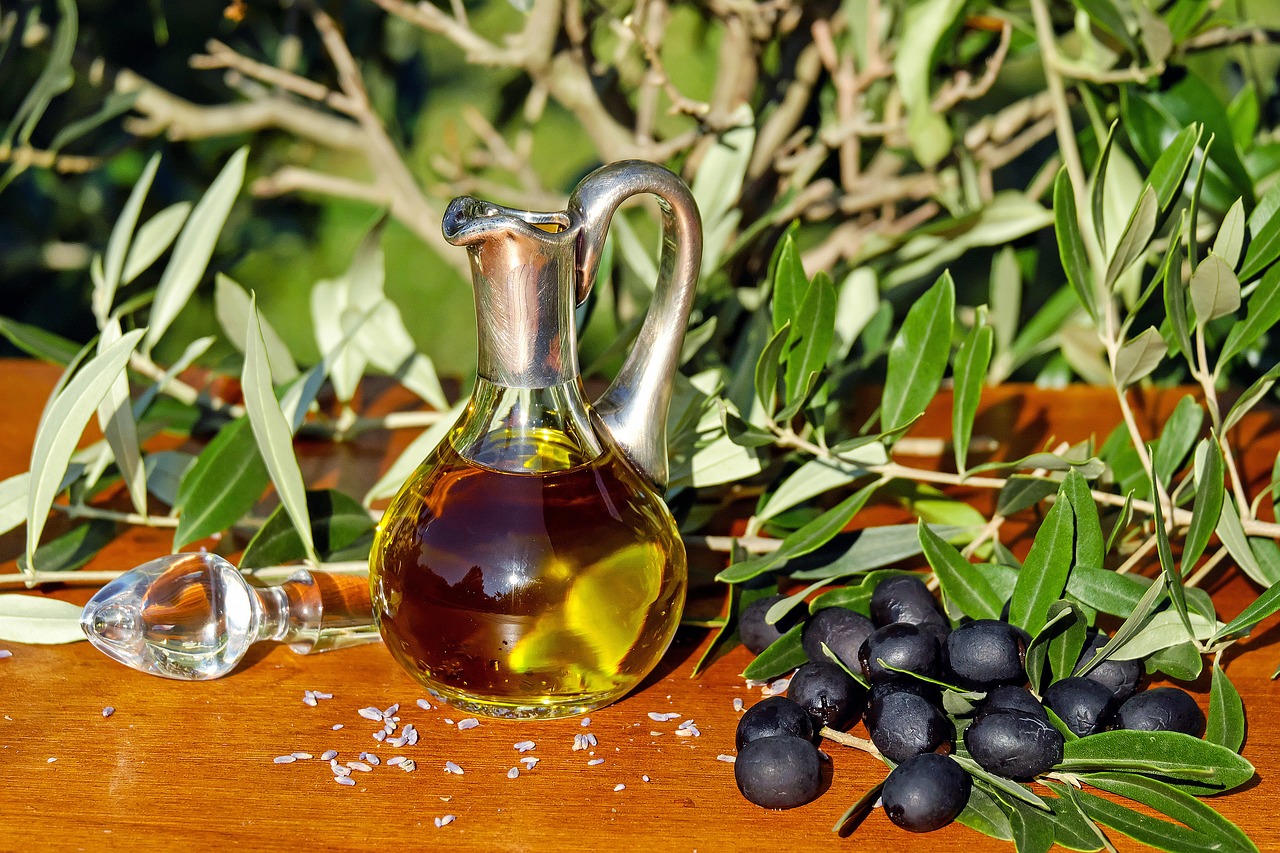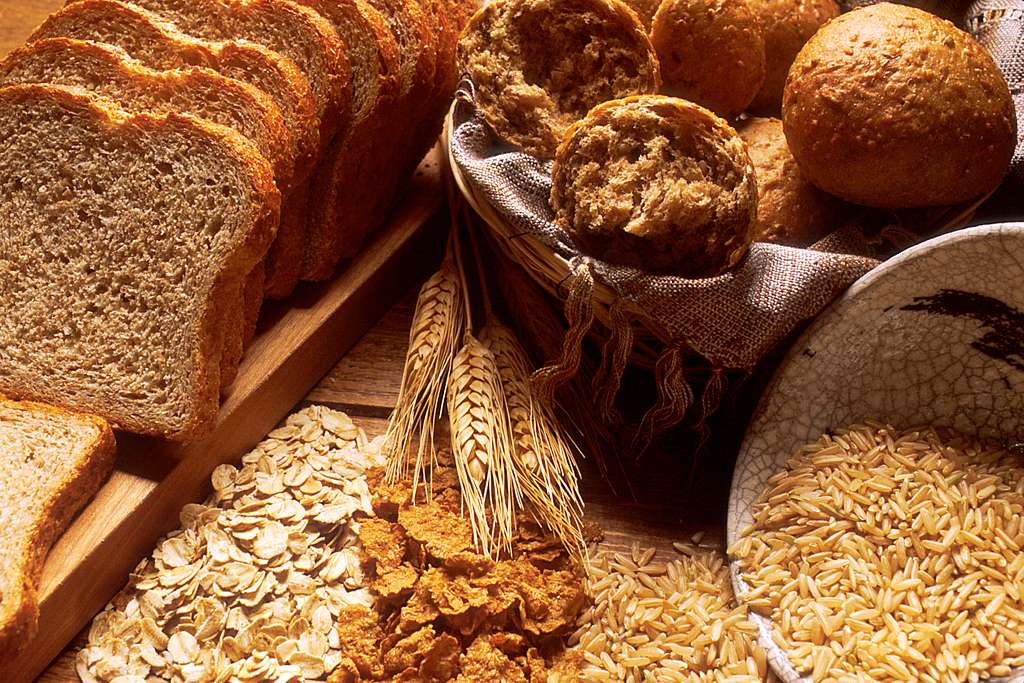Who Grew My Soup? (Grades 3-5)
Students identify the source of the food they eat and investigate the processes and people involved in getting food from the farm to their spoon.
Students identify the source of the food they eat and investigate the processes and people involved in getting food from the farm to their spoon.
Students investigate a variety of tree fruits, discover how and where they are grown, and explore their nutritional benefits.
Students describe the steps of making flour, compare the nutritional value of different cereals, compare cooked and uncooked rice, and identify the parts of a whole grain.
Students determine that fresh produce is a good source of vitamin A, vitamin C, and fiber, and that all fruits and vegetables do not contain the same quantities of each nutrient.

Students explore different levels of food processing and the ways in which processed foods affect the health of our diets by looking at examples of foods from the grocery store and by closely examining food labels.

Students trace the production path of eggs, beginning on the farm and ending in their home and identify the culinary uses and nutritional benefits of eggs.
Students discover how animals utilize nutrients and energy from food humans cannot digest and convert it to meat, a food rich in zinc, iron, and protein. Students examine how hamburger is formulated for leanness, compare two kinds of hotdogs, and investigate about fish.
Students measure the temperature of cold, lukewarm, and hot water using a thermometer, investigate the growth of microorganisms by observing yeast growth at varying temperatures, and practice proper techniques for hand washing. The use of Glo Germ (TM) gel visually reinforces the importance of personal hygiene/hand washing.

Students identify the farm source of common dietary fats, compare Nutrition Facts labels, perform a taste test of various salad dressings, learn the chemistry of emulsification, and compare regular ice cream, reduced-fat ice cream and fat-free ice cream.
Students develop a working vocabulary regarding food, categorize foods by their sources, examine grocery ads, learn about food production, and apply what they learned by analyzing foods they eat at a particular meal.
Students investigate a variety of oilseed crops, discover how and where they are grown, and explore their nutritional benefits.

Students investigate a variety of grains, discover how and where they are grown, and explore their nutritional benefits.